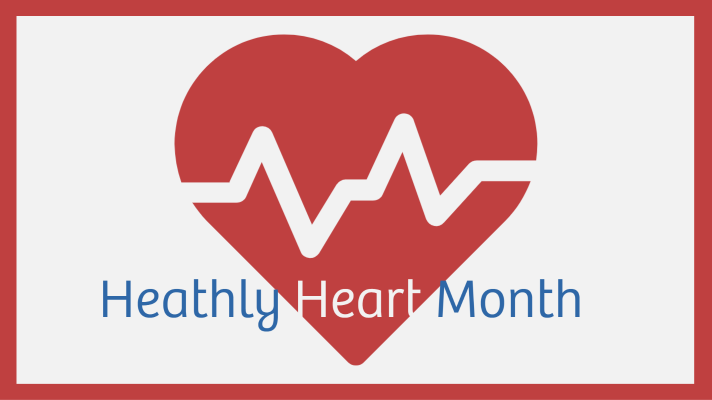February is American Heart Month and is observed to raise awareness on the importance of a healthy heart and to encourage healthy habits that help reduce the risk of heart disease.
What is Heart Disease?
Heart disease is a broad term used for a variety of diseases of the heart and blood vessels such as coronary artery disease, heart rhythm disorders called arrhythmias and defects of the heart present at birth, also called congenital heart defects. Click here to learn more about the disease, symptoms, and how to help someone who may be experiencing Cardia Arrest.
Numbers that Count…
As part of a complete prevention and treatment program for managing your cholesterol and lowering your risk of heart disease and stroke, your doctor may suggest that you make some lifestyle changes. Regardless of whether your doctor recommends drug therapy, you can do a number of things every day that can improve your cholesterol levels and your overall health:
Eat a heart-healthy diet
A diet rich in vegetables, fruits, fiber-rich whole grains, lean meats and poultry, fish at least twice a week and fat-free or 1 percent dairy products — and low in saturated and trans fats, cholesterol, sodium and added sugars — is a delicious way to help your cholesterol levels.
Get moving
Enjoy at least 30 minutes of moderate-intensity aerobic physical activity more days than not for a total of at least 150 minutes per week. Walk, bike, swim, jog, dance — whatever you love to do, do it.
Avoid tobacco smoke
If you smoke, your cholesterol level is one more good reason to quit. And everyone should avoid exposure to secondhand smoke.
Tips for Success
Following a healthy diet and lifestyle can give you the edge in the fight against heart disease and stroke — take an active part. Follow your doctor’s advice carefully, and if you don’t understand something, ask. Let your doctor be your coach in combating heart disease and stroke. It’s your health. It’s your heart.

